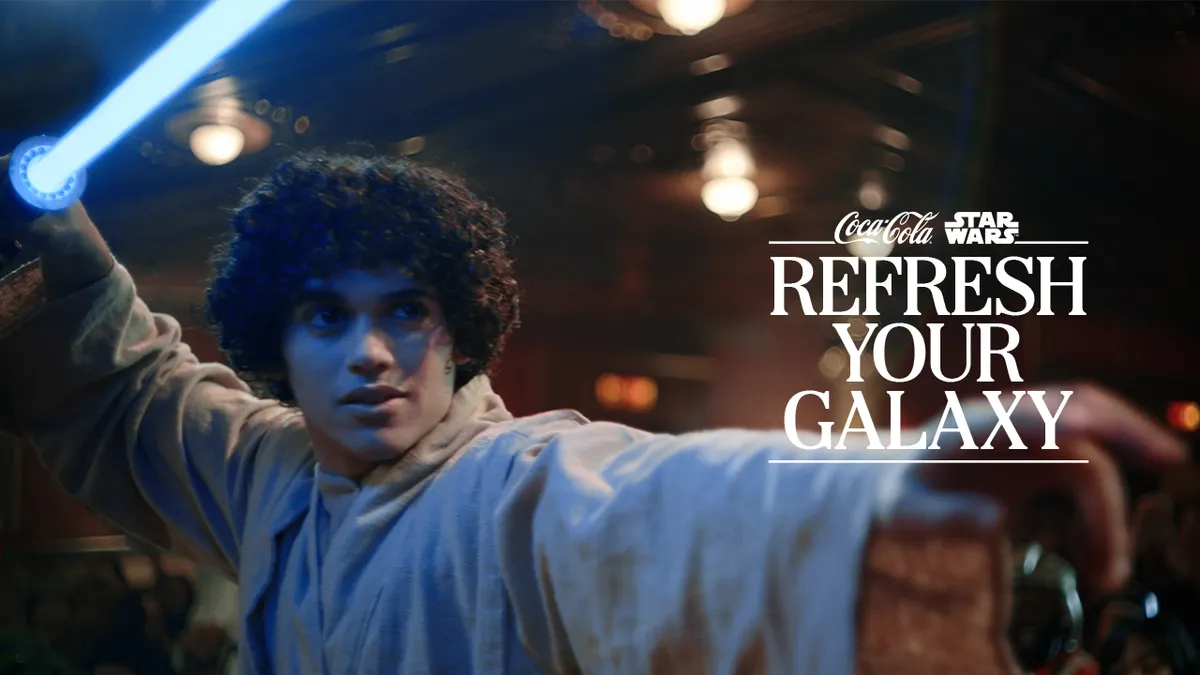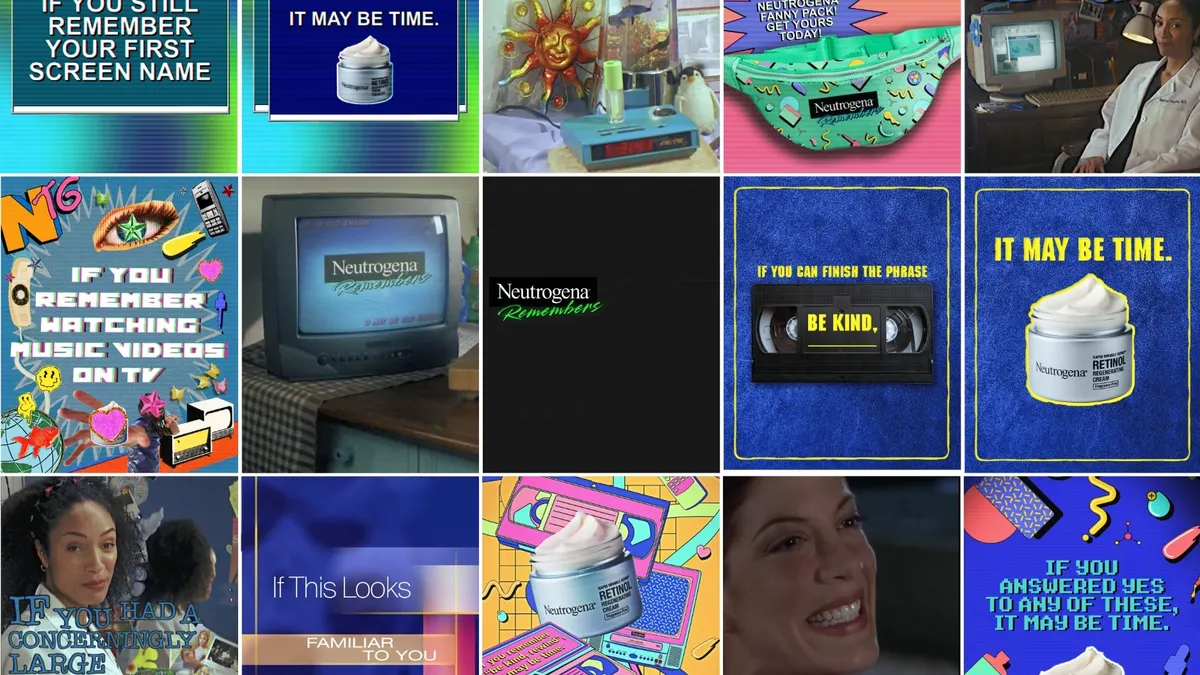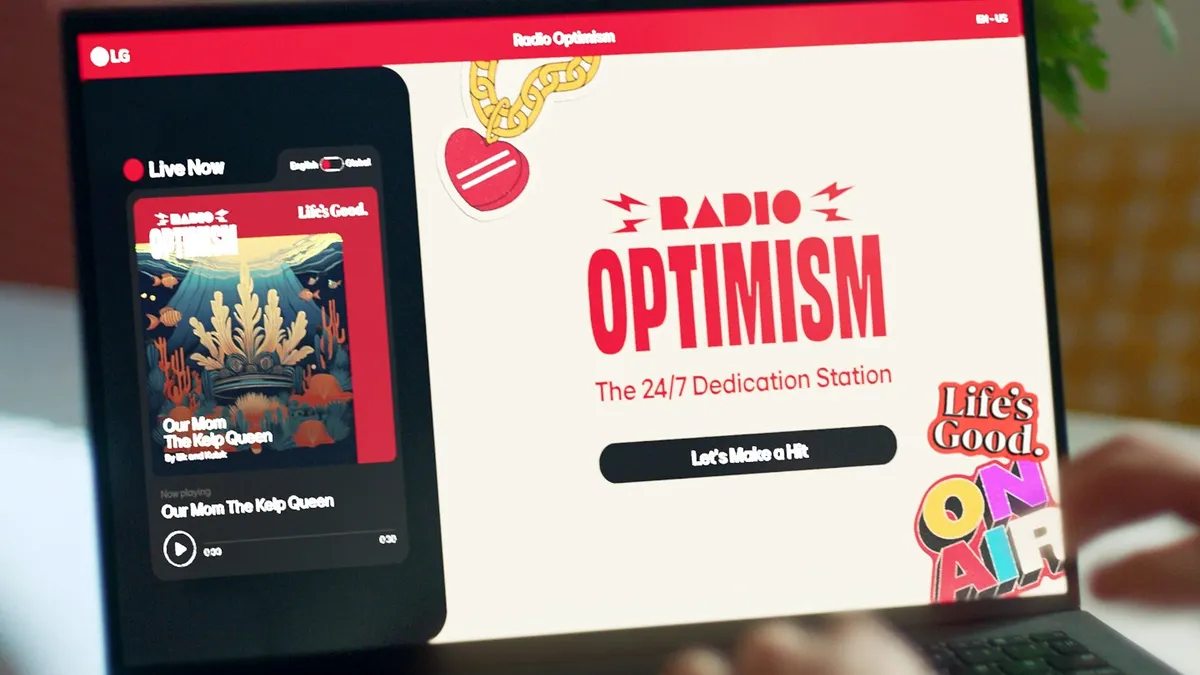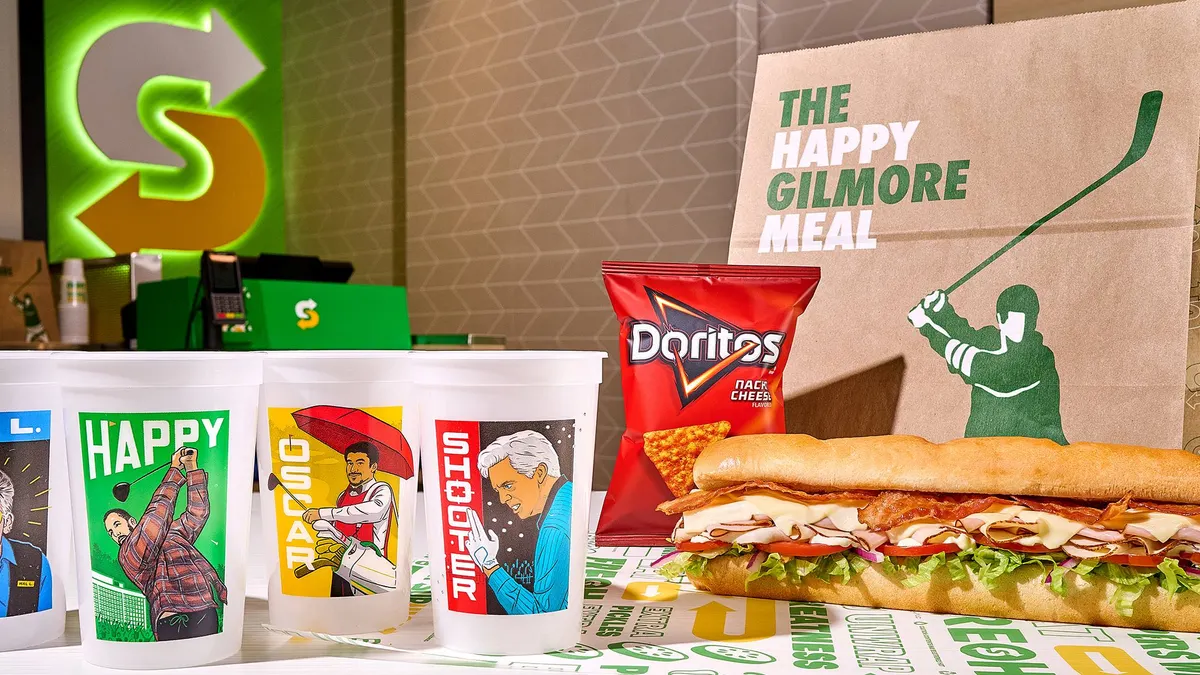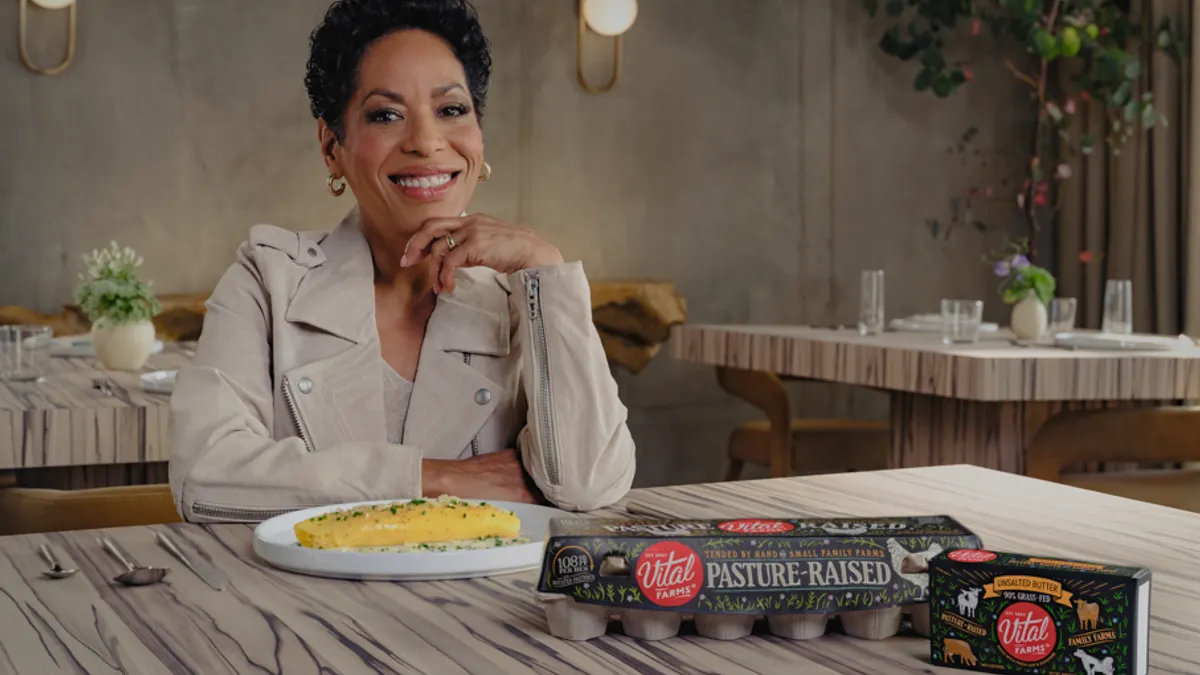As the category's become more congested, direct-to-consumer (DTC) mattress brands have started pulling out all the stops to edge out competitors and differentiate their products. Some are taking the route of experiential events, while others are partnering with retailers on pop-ups or taking on a traditional business expansion strategy by pledging to open 200 stores. For Nectar Sleep, a focus on measurability, attribution and data helps keep the brand looking fresh.
Attribution is a key tactic in Nectar's marketing. By tracking every click and impression across display, paid social and streaming sites, the company puts data at the center of nearly every decision its product and marketing teams make. This is why the marketer focuses on digital channels like Spotify, Hulu, Pandora, Facebook and YouTube and has deprioritized print, offline and broadcast media, according to Nectar's Vice President of Marketing Scott McLeod.
"If we can't glean data from it, how can we smartly allocate marketing dollars to the right places?" McLeod told Marketing Dive in an interview. "Offline is measured by predictability models, so we consider whether to put our budget where we know what we're getting back instead of somewhere where there are a lot of question marks."
Tracking the journey
But why involve so much technology and data for mattresses, a product that's historically involved very little flash and frills? Mattresses are not an impulse buy thanks to high sticker prices and long lifespans, and those browsing typically have a carefully considered path to purchase.
The customer journey also often takes weeks across a variety of devices — conducting research on a phone, perhaps more browsing on a tablet and a desktop to seal the deal — and sometimes involves multiple people within a household. This complex combination can be simplified with technology and data, according to McLeod.
"The big data problem we have to solve is: How do we marry a long buyer's decision that includes many people and many devices?" he said. "This has definitely been part of the company's ethos since day one."
Digital storefront
Because of Nectar's DTC model — similar to most disruptive newcomers to the space — its storefront is its website. The company has so far stuck with digital efforts and hasn't launched pop-ups or physical retail spaces, though the Nectar team has considered them as part of a potential long-term initiative.
For McLeod, it comes down to how offline or out-of-home efforts complement DTC brands' online strategy and support their bottom line. With a policy that lets customers return a mattress any time within a year, Nectar aims to take a cautious approach to how showrooms, pop-ups or other retail spaces fit into the mix.
"Our model is to cut out the middleman, so at what point does adding retailers not allow us to provide a lower price for customers?" McLeod said. "We want to approach it in a way that doesn't cannibalize our online sales, but only complements the user experience."
'Make America Sleep Again'
In a twist on the old "this is your brain on…" adage, Nectar launched a campaign in March around how people develop "grumpy brain" from a lack of sleep. What made the three-minute video, titled "Make America Sleep Again," particularly compelling was that it starred animated versions of world leaders President Donald Trump, Kim Jong Un and Vladimir Putin.
"Our focus wasn't to be political," McLeod said. "We were looking to communicate the value proposition of our mattresses, and we kicked around the idea of 'who is the most grumpy because they're not getting enough sleep?'"
The Nectar team tested combinations from sleep-deprived bosses to tired, angry neighbors, but the winning variation was world leaders, mainly because of strategic timing and a bit of luck, as the testing and video production took place before the announcements around the meeting between Trump and Kim.
Despite months of brainstorming and testing, McLeod knew the world leaders route was risky and had the potential to drum up negative attention. He said the final decision came down to assessing whether that risk supported Nectar's message and didn't come across as political for the sake of pushing people's buttons.
"At the end of the day, marketing is often a matter of understanding your specific moment of time and to not take too polar of an opinion, but be part of the narrative in a fun, light way," he said.
Playful by nature
"Make America Sleep Again," which ran on YouTube and Hulu as pre-roll ads and generated tens of millions of views, fits into Nectar's broader strategy of delivering a playful, funny message.
Just one month before the campaign rolled out, the company launched its first national ad effort with "Sleep Like a Baby," featuring real customer testimonials recited by grown adult heads superimposed onto babies' bodies as they laid on a Nectar mattress. In April, the brand also debuted a video campaign around mattresses being delivered to homes by a team of butterflies and hummingbirds.
"Nectar is a brand for everybody, so we naturally wanted to be fun and light and include more people through laughter," McLeod said. "A big piece of it is being inviting and comforting."







